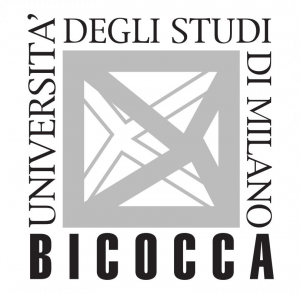Design and Structure of the PhD Course Business for Society
The PhD Program is structured in 3 years and its Teaching Plan includes 8 compulsory modules with a total number of 136 hours that equals to 15 credits. The program is developed in traditional lectures, laboratory training and seminars. In addition to mandatory modules students will have to choose activities (depending on their research project topic).
The first part of the PhD Course focuses on Research Design, Quantitative Research Methods 1, Quantitative Research Methods Lab, Qualitative Research Methods, Literature Review Lab to enable students to understand the underpinnings and methodological aims of the qualitative/quantitative methods to experiment the use of different approaches for data collection and analysis and to compare different econometric models and interpret empirical analysis.
Management Theories, Innovation Management Entrepreneurship and Marketing strategy and Consumer Behaviour are also part of mandatory activities for providing students with fundamental competencies on research in management.
Other optional modules are Drivers of Green Growth: Sustainability, Circular Economy and Net-zero Industrial Policy, Research in Organization Theories, Digitalization and Employability, Research in Economics of Globalization, Research in Human Capital, Education, Training and Skills Development, Research in Law, Regulation and Markets, Research in Sustainable and Alternative Finance, Research in Sustainability Reporting and Management, Research in Ethics and Sustainable Value Creation, Research Marketing Technologies and Consumer Behaviour Experimental Design.
Both compulsory and optional courses are offered during the first year.
The second and Third years are dedicated to writing a PhD Thesis, spending at least 6 months in a foreign research institution.
During the triennium, it is also required to attend at least 4 credits of interdisciplinary seminars offered by the Doctoral School.




